Entity Framework Core is Microsoft’s officially recommended ORM (Object-Relational Mapping) framework, supporting multiple database systems like SQL Server, MySQL, and PostgreSQL. It simplifies database operations, allowing developers to easily map data from databases to C# objects.
In the fast-paced world of programming, selecting the right tools and libraries is essential for improving development efficiency and quality. As a powerful, high-level programming language championed by Microsoft, C# offers a rich and robust ecosystem of libraries. Today, let’s discuss some excellent and practical C# libraries in 2024 that can help you achieve more with less effort in project development.
I. Data Access and ORM Frameworks
Entity Framework Core
Overview: Entity Framework Core is Microsoft’s official ORM framework, supporting multiple database systems like SQL Server, MySQL, and PostgreSQL. It simplifies database operations, allowing developers to easily map data from databases to C# objects.
Advantages: Lightweight, extensible, supports complex object relationship mapping, provides comprehensive methods for querying, updating, and deleting, and includes advanced features like lazy loading and change tracking.
Dapper
Overview: Dapper is a lightweight ORM simplifier that provides runtime object-relational mapping, quickly executing SQL statements and mapping results to C# objects.
Advantages: High-performance, lightweight, and fast, ideal for database operations with high performance requirements.
II. JSON Handling
Newtonsoft.Json
Overview: Newtonsoft.Json is one of the most commonly used JSON libraries in C#, providing a rich API for serializing and deserializing JSON data.
Advantages: Supports complex data structures and custom serialization settings, offers excellent performance, and has strong community support.
III. Logging
Serilog
Overview: Serilog is a powerful logging library that uses structured logging, making log data easier to analyze and query.
Advantages: Supports various logging outputs such as console, file, and database, provides extensive plugins and extensions to meet diverse logging needs.
NLog
Overview: NLog is a flexible and easy-to-use logging platform for various .NET platforms, including .NET Core.
Advantages: Supports asynchronous and structured logging, and can be easily integrated into any .NET application.
IV. HTTP Client Libraries
RestSharp
Overview: RestSharp is a simple REST and HTTP client library for .NET that simplifies the creation, sending, and handling of HTTP requests and responses.
Advantages: Simple and easy to use, supports RESTful API calls, ideal for applications needing to interact with RESTful services.
V. Data Visualization
OxyPlot
Overview: OxyPlot is a library for data visualization, supporting various chart types like line charts, bar charts, pie charts, etc.
Advantages: Highly customizable, cross-platform support, integrates seamlessly with various C# UI frameworks.
VI. Asynchronous Programming
Task Parallel Library (TPL)
Overview: TPL is a library in C# for asynchronous programming, offering a comprehensive API for parallel and asynchronous operations.
Advantages: Supports task scheduling, cancellation, exception handling, and integrates seamlessly with async/await asynchronous programming models, enabling developers to write high-performance, responsive asynchronous applications.
VII. Object Mapping
AutoMapper
Overview: AutoMapper is an object-to-object mapping library that allows for property copying between objects with simple configuration.
Advantages: Greatly simplifies the creation and management of Data Transfer Objects (DTOs), reducing the need for manual mapping.
VIII. Unit Testing
xUnit
Overview: xUnit is a popular C# unit testing framework with a robust assertion library and flexible test organization.
Advantages: Supports advanced features like parameterized and data-driven testing, ensuring software quality.
IX. Other Practical Libraries
FluentValidation
Overview: FluentValidation is a small but powerful validation library that uses a fluent interface to build validation rules.
Advantages: Supports multiple validation rules and custom validation logic and can be easily integrated into various applications.
Polly
Overview: Polly is a .NET library for implementing fault-handling policies like retry, circuit breaker, timeout, and bulkhead isolation.
Advantages: Helps developers write more resilient applications, improving application stability and reliability.
Ocelot
Overview: Ocelot is an API gateway for .NET, supporting service discovery, routing, authentication, and rate limiting.
Advantages: Ideal for building API gateways in microservices architectures, providing a unified entry point and management for services.
These libraries not only represent the diversity and dynamism of the C# ecosystem but also showcase the powerful capabilities of the .NET platform. They provide a solid foundation for developers to build high-quality applications, offering strong support in areas such as data access, logging, API interaction, and error handling. Hopefully, these recommendations will help you work more efficiently and smoothly in 2024.
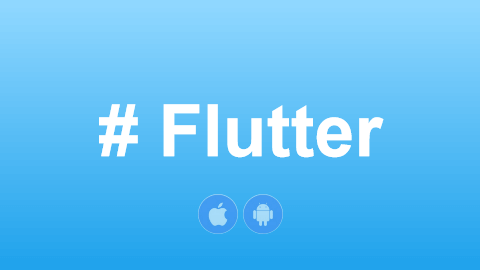
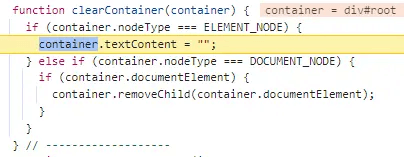
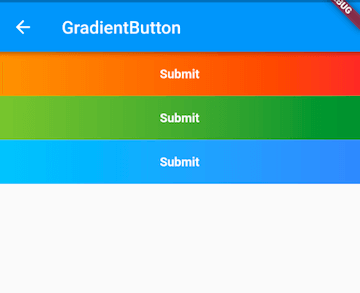
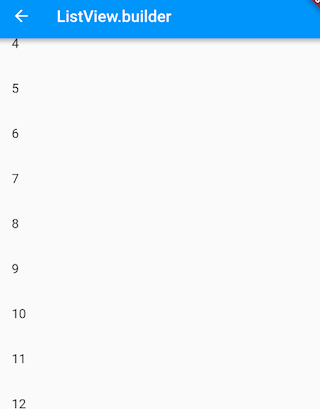
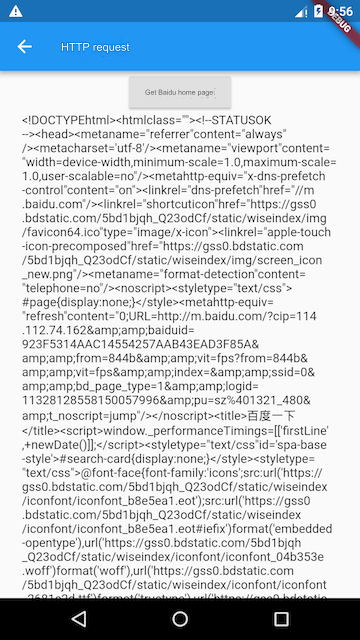
![[GoLang] Which Major Companies Are Using Go Language?](/static/upload/image/20241127/1732697416551367.jpg)